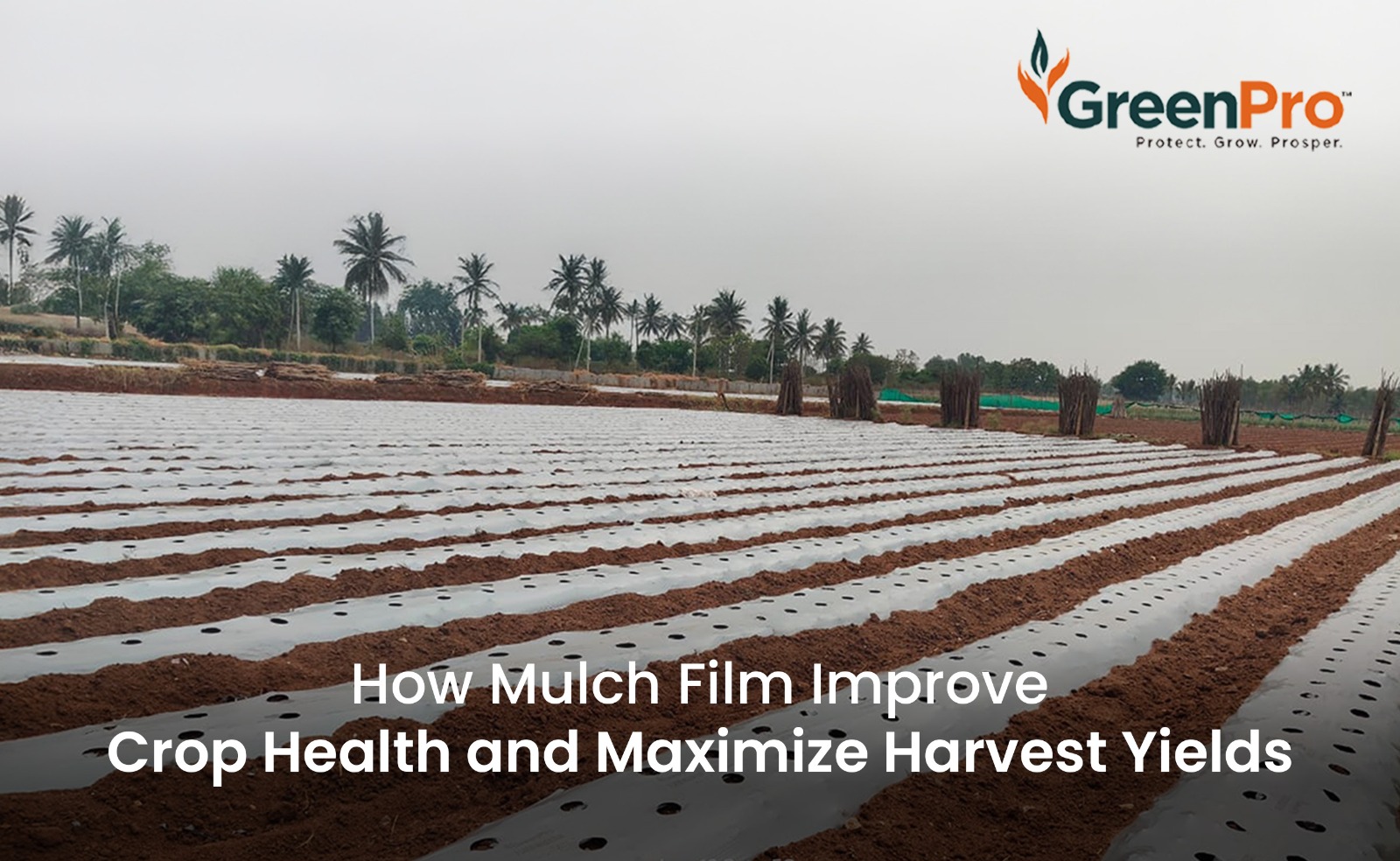How Mulch Film Improve Crop Health and Maximize Harvest Yields

Mulch film has become an indispensable tool in modern agriculture, offering a range of benefits that enhance crop health and boost harvest yields. By understanding how it functions, farmers can effectively integrate it into their practices to achieve optimal results.
Understanding Mulch Film
Mulch film is a thin layer of material, typically plastic or biodegradable substances, applied over the soil surface around plants. Its primary purposes include conserving soil moisture, regulating temperature, suppressing weed growth, and protecting crops from pests. These combined effects create a more favorable environment for plant development.
Enhancing Soil Temperature and Moisture Control
One of the key advantages of mulch film is its ability to regulate soil temperature. By acting as an insulating layer, it traps heat from the sun, keeping the soil warm during cooler periods and preventing excessive heat loss. This temperature regulation promotes faster seed germination and robust root development. Additionally, mulch film reduces water evaporation by serving as a barrier between the soil and the atmosphere, thereby conserving soil moisture and reducing the frequency of irrigation.
Effective Weed Suppression
Mulch film effectively suppresses weed growth by blocking sunlight from reaching the soil surface, inhibiting weed germination and development. This reduces the need for manual weeding or chemical herbicides, allowing crops to thrive without competition.
Pest and Disease Management
Mulch film serves as a physical barrier against certain pests, preventing them from accessing plants. Reflective mulch films, for instance, can repel insects like aphids and whiteflies by reflecting light, which confuses these pests and disrupts their host-finding behavior. Moreover, by reducing soil contact with plant foliage, mulch film minimizes the risk of soil-borne diseases, leading to healthier crops.
Improved Crop Quality and Yield
The combined benefits of mulch film—moisture conservation, temperature regulation, weed suppression, and pest management—contribute to enhanced crop quality and increased yields. Plants grow more vigorously, produce higher-quality produce, and often reach maturity earlier, allowing for extended growing seasons and potentially multiple harvests.
Environmental Considerations
While traditional plastic films offer numerous advantages, their disposal poses environmental challenges due to plastic waste accumulation. Biodegradable mulch films present a sustainable alternative, breaking down naturally in the soil and reducing environmental impact. These compostable options provide the same agricultural benefits without the long-term waste concerns associated with conventional plastics.
Conclusion
Incorporating mulch film into agricultural practices can significantly improve crop health and maximize harvest yields. By selecting the appropriate type of film and applying it correctly, farmers can create optimal growing conditions, leading to more productive and sustainable farming operations.
Boost crop health & yields with GreenPro Ventures’ premium mulch films! Conserve moisture, control weeds, and enhance farming efficiency
